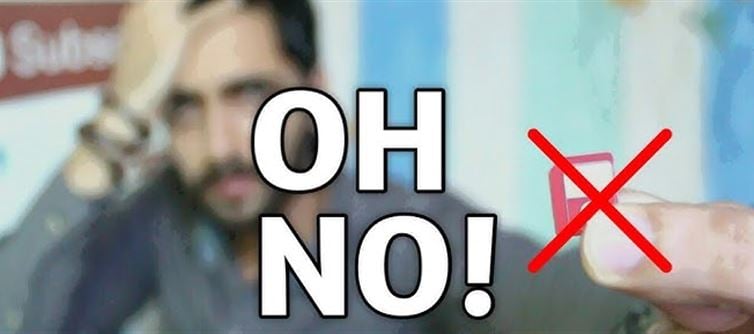
Once upon a time in india, making or receiving a simple call didn’t cost a thing. Incoming calls were free, messages were free, and people stayed connected without fear.
Fast forward to post-2014 India: the story is very different. Telecom companies have effectively turned basic connectivity into a monthly extortion racket, targeting rural users, low-income families, and anyone who relies on simple phones for essential communication.
Now, if you don’t recharge, your incoming calls vanish within a week. Let the unpaid streak continue for months, and your SIM is deactivated and resold, leaving you disconnected — or forced to pay hundreds of rupees for the privilege of staying reachable.
This is no innovation. This is open loot from the poorest people of India, wrapped in the guise of telecom “policy.”
1) Incoming Calls Are No Longer Free
Before 2014, receiving a call cost nothing. It was a basic service.
After 2014, failure to recharge means that even receiving calls is blocked. Millions are cut off from family, work, and emergency contacts unless they pay.
2) Forced Monthly Recharges
Even rural users who earn very little, own feature phones, and don’t use the internet are forced to spend ₹200–300 every month, just to keep their numbers active.
3) SIM Deactivation & Resale
If users fail to recharge for a few months, their SIM is deactivated — and their number is sold to someone else. Years of contacts, important connections, and personal identity vanish.
4) Targeting the Poor & Vulnerable
This policy hits the most vulnerable hardest:
Farmers in remote villages
Daily wage laborers
Low-income families with limited access to banking
For these people, connectivity isn’t a luxury — it’s a lifeline. Yet they are financially extorted to maintain it.
5) No Choice, Just Blackmail
Users have no choice: even if they barely make calls or don’t use mobile internet, the system forces a minimum monthly spend. What was once a free public utility has become a tool of coercion.
6) A Modern-Day Loot
The telecom industry’s post-2014 model can be summed up in one word: loot. Poor people are paying simply to stay connected, while companies rake in profits, shielded by regulatory apathy and lack of public awareness.
Closing Blast
Connectivity should empower citizens, not enslave them. Post-2014 india shows a brutal truth: even basic phone services are no longer a right — they are a privilege you must buy, or lose entirely.
Millions are trapped in a cycle of forced spending, monthly recharges, and fear of losing their personal numbers — all while telecom companies grow richer.
This isn’t progress. It’s a financial chokehold on the most vulnerable, disguised as modern convenience.




 click and follow Indiaherald WhatsApp channel
click and follow Indiaherald WhatsApp channel